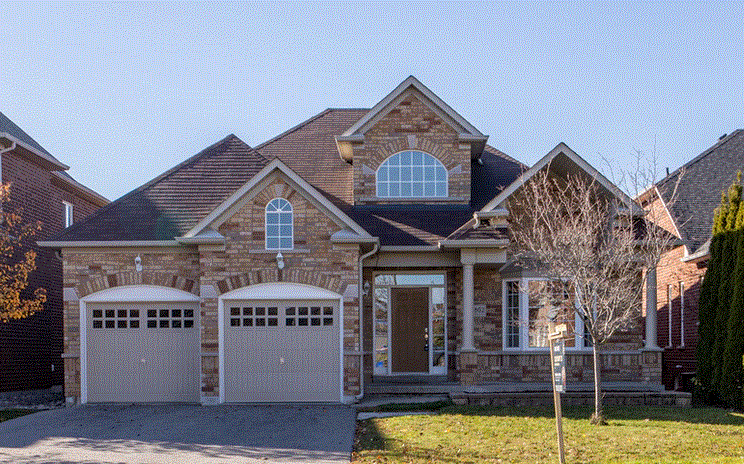NEW JERSEY - New Jersey Real Estate Stats and Trends are projected to rise in the next few years, largely because of the lack of available inventory. This lack of inventory has been driving home prices upward for many years, and this trend will continue until new inventory is brought onto the market.
Inflation Is The 800-pound Gorilla In Any Economic Recipe
While the economy has been doing well, many things can lead to higher prices. Massive monetary policy stimulus, near-zero interest rate policy, wage-price spiral, and persistent supply shortages are all potential causes. In addition, housing costs make up one-third of the government's Consumer Price Index (CPI). As prices keep going up, Owners' Equivalent Rent will also rise.
It's important to understand why inflation is a major concern for the US economy. While it's not the only issue weighing on our economy, it is one of the most important issues for our future. If we fail to address it now, the consequences could be disastrous.
Inventory Levels Have Sufficiently Capped New Jersey's Real Estate Potential
New Jersey's housing market had a good run during the decade leading up to the Great Recession, with home prices rising 58.7% from 2008 to 2012. Although prices increased rapidly, New Jersey still underperformed in national real estate trends. During the same period, home prices in other states rose an average of 114.3%.
New Jersey's housing market has lagged behind the rest of the nation in recent years, exacerbated by the stagnant economy. The state's fiscal situation has been a contributing factor to the slowdown, and the recent introduction of the Coronavirus hasn't eased the burden on local homeowners.
Millennials Are The Largest Share Of Homebuyers In New Jersey
The biggest wave of homebuyers in recent years has been the millennial generation, who account for most of the home sales and a large share of the housing market. However, they are not yet fully committed to homeownership. Compared to previous generations, millennials have a more pessimistic outlook on owning a home. Reasons cited include the lack of savings, the high cost of home ownership, and financial risk.
Millennials are also delaying life milestones such as getting married. While the average age of first-time male marriage is 30 years old, the median age for first-time brides is 28. The millennial generation has been delaying the decision to have a family and start a household for longer than previous generations. The housing market is shifting toward more balanced conditions, but millennials still face the problem of saving. In addition to that, higher mortgage rates and inflation are adding to the challenge.
Prices Have Risen 25 Percent Over 2020
New Jersey home prices are predicted to continue rising through 2022, but the bloom is set to fade by 2023 as inflation and a possible recession set in. However, a number of near-term positive factors are likely to keep home prices buoyant for the foreseeable future. These include historically low-interest rates, strong demand from Millennials switching from renting to buying, and an uptick in sales of vacation homes.
Prices in Jersey City have increased by about seven percent over the past year. According to Zillow, the median home price in Jersey City is $606,537. Home prices in the area are expected to rise even more in 2020. However, despite the rising prices, the housing market is not tight.
Housing Market Will Stabilize In 2023
The housing market in New Jersey is poised to stabilize in 2023, according to the latest report by Zillow. While the number of homes for sale is still low, prices are expected to grow by around 5%, which is faster than the inflation rate. As a result, there is still room for price increases, although they may be limited. In addition, higher mortgage rates could affect the housing market.
Despite the slowdown in home prices, most experts believe the housing market will stay strong and continue to rise. Prices have decreased by almost 8 percent since April. This trend will likely continue through 2023.
